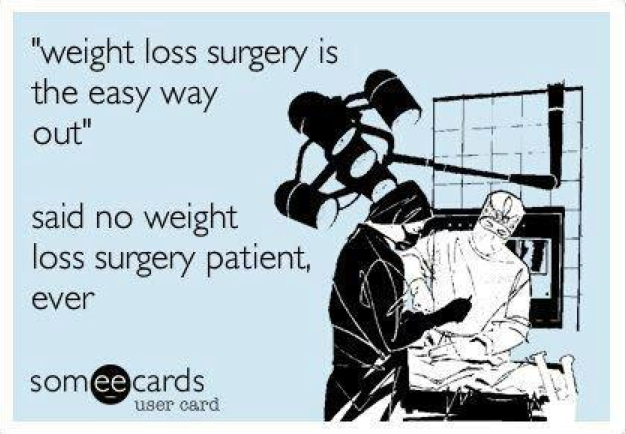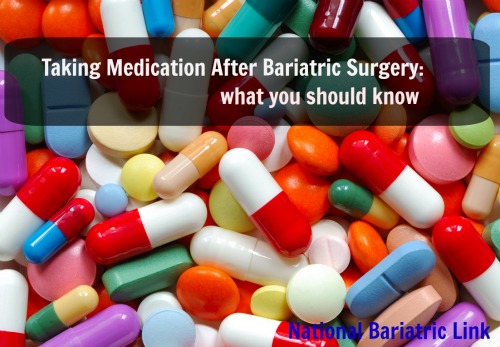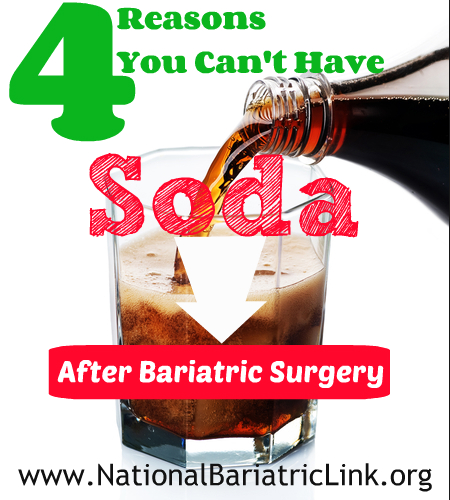Some people, those who on the outside looking in, believe that Bariatric surgery is an ‘easy way out’, giving the obese an opportunity to see results without effort. Still others view weight loss surgery as a quick fix for those who lack willpower or are just plain lazy, but this could not be further from the truth.
For example, a basketball player makes his game look easy, but no one knows the countless hours spent practicing and studying game plays. Like the basketball star, obese patients cannot help but make Bariatric surgery look easy because the results are quick and the weight loss seems to happen with little effort but…
Decision for Weight Loss Surgery is NOT Easy
In fact, if you are looking for easy weight loss options, you have been highly misinformed about Bariatric surgery. Those who are obese do not choose weight loss surgery because they lack any self-control and discipline. This huge decision is not an option simply because Bariatric surgery candidates abhor the thought of exercise.
Bariatric Surgery Prevents Obesity Related Health Issues, Saves Lives
You might be surprised to learn that people who choose weight loss surgery have exhausted every other measure. They have at least two or more health concerns that have placed them at a high risk for heart attack, stroke, diabetes and other obesity related comorbidities. In nearly every case, the decision for Bariatric surgery has been decided (as a last resort) in an effort to prevent more serious health concerns and/or to save the patient’s life.
Obesity is a Disease …and It KILLS
Welcome to the year 2016, where people know that obesity is a disease that kills and the American Medical Association knows it. Knowing what we do, why would Bariatric surgery be considered anything less than a necessary plan of action, a method to quickly save someone’s life or avoid additional health concerns? Those who say weight loss surgery is an ‘easy way out’ for the obese have little or no understanding of how this disease works.
Fad Diets and Weight Fluctuation Leads to an Unhealthy Lifestyle
Obese Bariatric surgery patients have tried diets after diets, losing hundreds of pounds and gaining hundreds of pounds back. Their aggressive dieting and constant use of weight loss products, gimmicks, tricks, and diet pills are all more unhealthy and hard on the body than actual Bariatric surgery. Therefore, the decision for weight loss surgery does not come from avoidance of discipline and lack of dieting.
The reasons for obesity abound and are too numerous to list for you here, many of which are documented as genetic in nature. Other causes include socio-economic factors such as a history of abuse where patients sub-consciously shrouded themselves to avoid unwanted physical attention caused by their weight. Obesity also has psychological and metabolic factors at play.
Among the metabolic issues are diabetes, hypothyroid problems, poly-cystic ovarian syndrome, and insensitivity to leptin. Does weight loss surgery still sound like a cop-out? Find out more about Bariatric surgery and your options for an ‘easy way out’ by reading the second post in this series, ‘Bariatric Surgery, the Hard Choice’.





